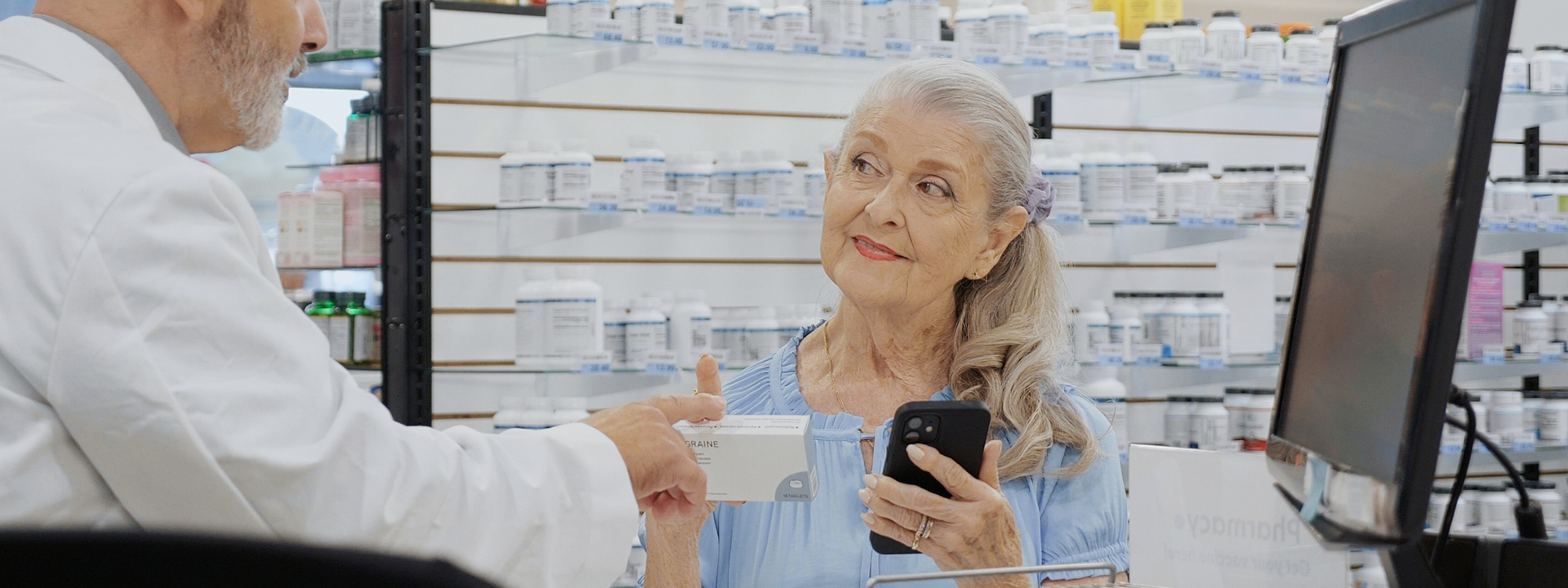Decisions are made on data, says Didi Davis, Vice President of Informatics, Conformance & Interoperability at The Sequoia Project. And if decisions are made on data, that puts quality and usability front and center.
When Davis was just starting out in her career, healthcare was just starting to harness the power of computers. Many health systems didn’t even have electronic health records. Clinical interoperability was an idea, a concept, a dream.
But Davis has been instrumental to making interoperability more than a dream.
That’s why, in 2022, she was honored with an award for HIMSS Most Influential Women in Health IT—and it’s why we’re honored to have her on our podcast.
The first interoperability showcase took place in 2004, and Davis should know because she started it. Back then, she was a senior director at HIMSS, where, among other duties, she ran the organization’s Interoperability Showcase for over half a decade.
The goal was to paint a picture of what was possible: an end-to-end solution to exchange data, securely and ubiquitously, all at once. Are we there yet? Not quite. Now that we have electronic health records and systems, Davis says, we need to make the data in these systems usable.
That’s why her focus now is on data quality.
For Davis, interoperability is the ability to exchange complete information. But it’s more than that, she says. The information must be usable. It must be useful. And it must move seamlessly from place to place, so patients get optimal care.
Davis shares the example of her 85-year-old mother-in-law, who fell and broke her hip, and went from surgery to post-op primary care to physical therapy. This is an example of why interoperability is so critical, she says, as her mother-in-law bounced from one provider to the next.
As an industry, we’ve made progress. We continue to make progress. The 21.7 billion transactions that crossed our network in 2022 alone is proof of that. And we have people like Davis to thank for it.


 Dean Riggott Photography
Surescripts
Dean Riggott Photography
Surescripts





